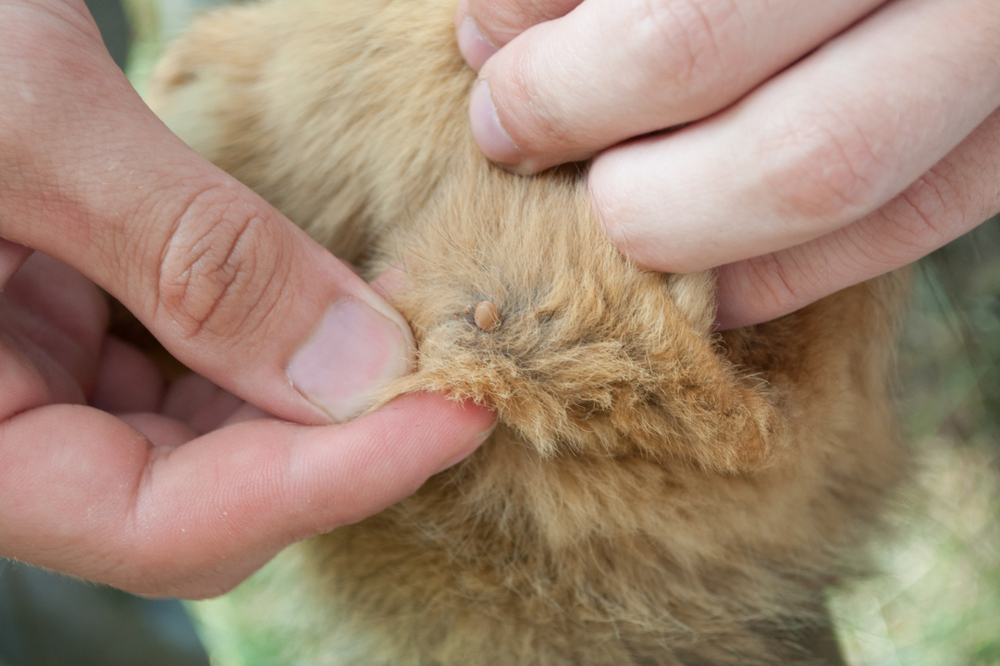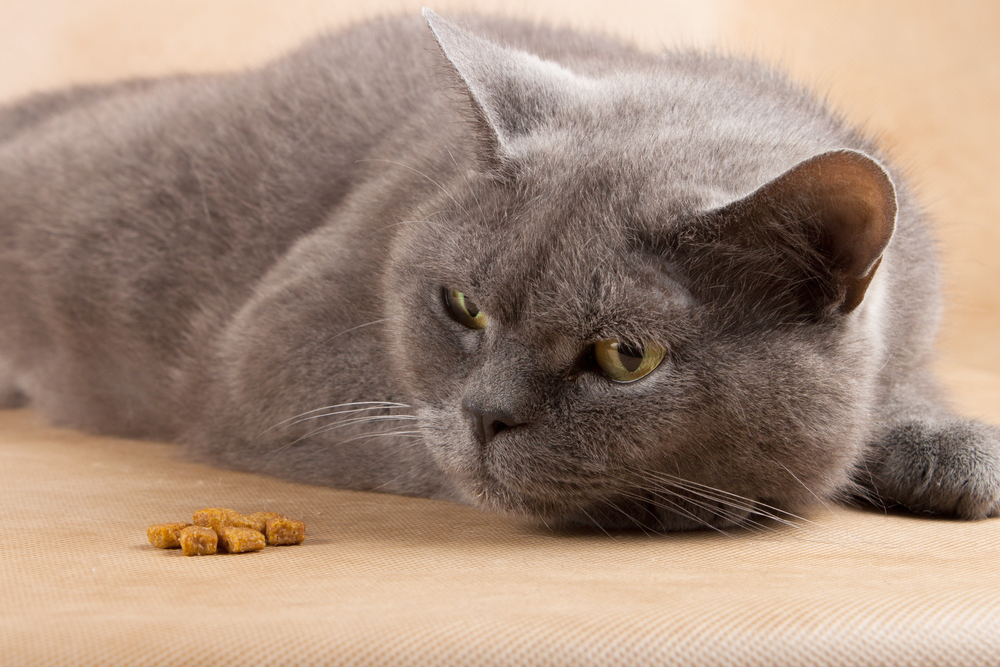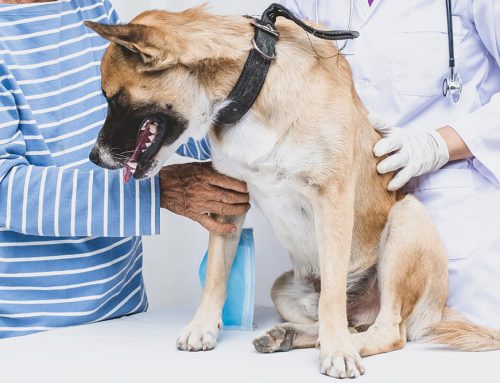Most pets are stoic and rarely complain about their aches, pains, and illnesses, instead choosing to voice their objections over their half-empty food bowl and already-occupied favorite chair. Because of your furry pal’s normal nature of hiding illness or injury signs, determining whether they need veterinary care can be tough. Since your four-legged friend can’t tell you that something is wrong, we explain indicators that may mean your pet needs veterinary treatment.
#1: Your pet’s eating habits have changed
Pets sometimes skip a meal or two, especially if you have been heavy-handed with the treats or your furry pal’s life has been disrupted. But, if your pet refuses to eat several meals in a row, whether or not they seem interested in their food, something is wrong. Pain and nausea are major causes for decreased appetite, while metabolic conditions can make your pet feel ravenous all the time.
#2: Your pet is always thirsty
In the hot summertime or after a hard day of play, your pet may drink more than normal, but an excessive thirst increase that does not resolve is a sure sign of a problem. Kidney disease, diabetes, Cushing’s disease, and various other conditions can cause an increase in your pet’s thirst.
#3: Your pet’s skin or hair coat has changed
Changes in your pet’s appearance can indicate a hidden internal problem. If your pet’s once lustrous coat has become patchy, flaky, or brittle, seek veterinary care. Allergies in cats and dogs commonly cause significant skin and coat changes, as well as external and intestinal parasites, endocrine disorders, and inadequate nutrition.
#4: Your pet seems lethargic or weak
If your once spry and spunky pet becomes a couch potato for days on end, they clearly do not feel their best. Lethargy may be a vague underlying health condition sign, but it is not one to be ignored. You can wait for a couple days to see if your pet pulls out of their funk, but an extended period of lethargy or weakness—especially with additional illness signs—requires a veterinarian’s evaluation.
#5: Your pet is vomiting
Pets, particularly cats, are notorious for random vomiting bouts, but when yet another pile on the carpet is not simply a hairball, frequent vomiting is cause for concern. If your pet vomits several times in a 24-hour period, cannot keep food or water down, has a fever, or has other health issues, they need a veterinary exam.
#6: Your pet’s stool has changed
A pet’s stool is a good indicator of their overall health. The ideal stool is small, firm, and moist. Dry, hard stools can indicate dehydration or an improper diet, which should be remedied. If you notice worms, blood, or mucus in your pet’s stool, or if they have diarrhea for more than 24 hours, it’s time to head to the veterinarian.
#7: Your pet’s urinary habits have changed
Straining to urinate or excessive urination are two major problems for pets. If your male cat is struggling to urinate without any production, they have a life-threatening emergency condition.
#8: Your pet’s eyes are cloudy, red, or have excessive discharge
Without prompt treatment, eye problems can rapidly go downhill and lead to severe pain, corneal ulcers, irreparable damage, or vision loss. If your pet is squinting, rubbing their eye, or the eye is red, cloudy, or draining, seek veterinary care.
#9: Your pet has suddenly lost weight
Weight loss is not always a good thing, especially unplanned weight loss. Whether your pet is still eating normally, or they have a decreased appetite along with their weight loss, a decline in body condition can indicate a multitude of underlying health conditions that require treatment.
#10: Your pet has a lump or bump

Pets can develop all sorts of masses that are generally classified as benign or malignant, and require a veterinary exam and diagnostic testing to determine if the lump is a problem. And, if your furry pal has a bump that previously was checked for malignancy but has suddenly started growing again, is ulcerated, or changing in appearance, the lump requires a recheck.
Are you unsure if your pet’s changes in attitude, behavior, or habits qualify for a veterinary exam? Give our Adamson Veterinary Services team a call to discuss whether your four-legged friend needs an appointment with our veterinarian.







Leave A Comment